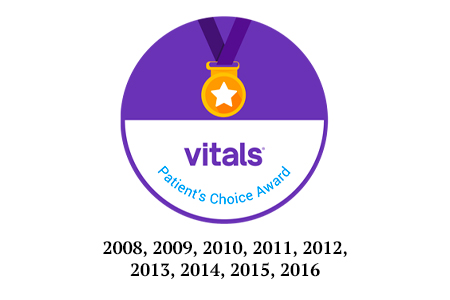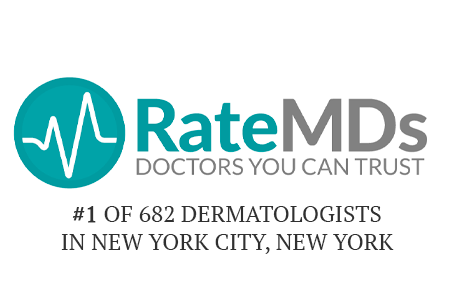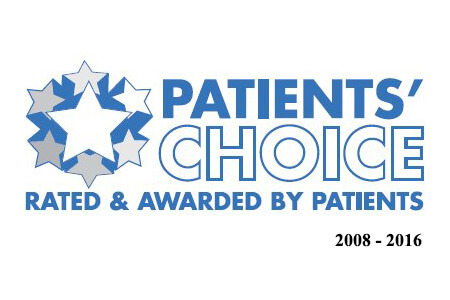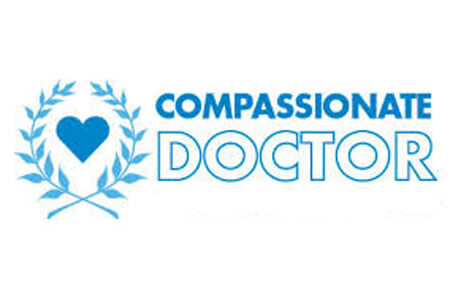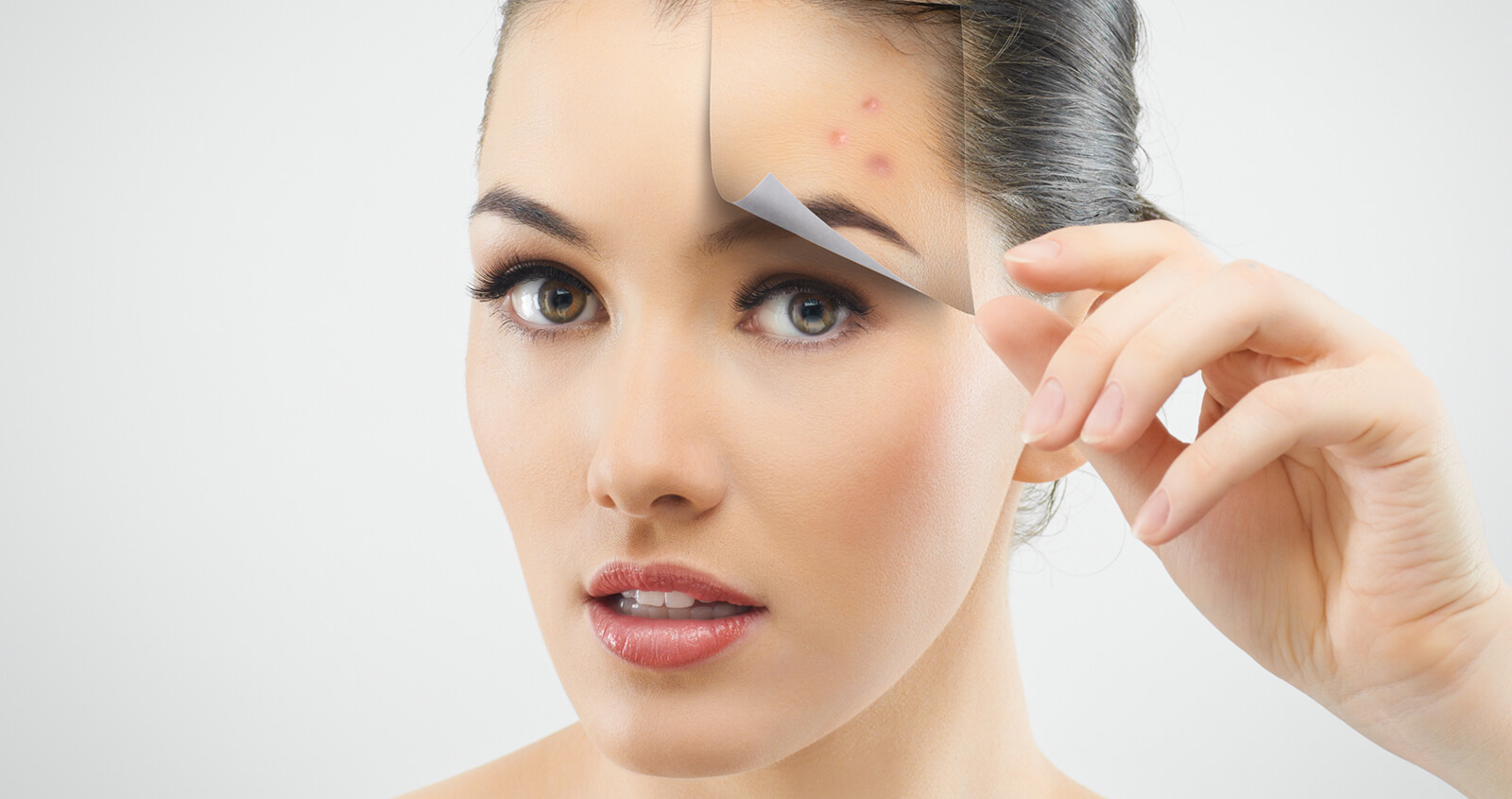Acne myths and legends
 Junk food causes acne. Chocolate always worsens acne. You get acne when you do not wash your face enough. Acne ends when you’re 19 and never affects adults 20 years old and over. Acne never begins for the first time in anyone older than a teenager. False, false, false, false and false.
Junk food causes acne. Chocolate always worsens acne. You get acne when you do not wash your face enough. Acne ends when you’re 19 and never affects adults 20 years old and over. Acne never begins for the first time in anyone older than a teenager. False, false, false, false and false.
While these common beliefs concerning acne are all untrue, most people believe them and often waste valuable time before they seek treatment for their skin. According to one recent article, 65% of patients delay obtaining necessary treatment for their skin for over one year.
Treatments for Acne at SkinProvement Dermatology New York

What causes acne?
This is Dr. Stephen Comite from SkinProvement Dermatology New York. Acne is generally caused by three factors.
Number 1 is hormones which is why it often starts as a teenager. Number 2 is stress. For instance, we know that students break out more often during examination time. Number 3, it is often genetic or in the family.
Our current thought is that, contrary to popular belief, diet does not cause acne.
Can I get acne if I am older than a teenager?
Yes. Acne is quite common among patients in their 20s and 30s, especially in women. I treated patients with acne who were in their 60s.
So come in for help rather than wishing it goes away. Studies have shown that patients often wait at least a year before coming in for treatment. So come in sooner rather than later.
Can SkinProvement Dermatology New York help with acne?
I can help most patients with acne, whether we use creams, oral medications, injections, or even chemical peels.
But it can take time to see improvement, so you have to be patient. There are many new medications that have been approved for acne, so we try to individualize each treatment for your skin.
Feel free to give us a call and learn more about treatment available for acne.
When people delay taking care of their skin, they can often end up with skin that is more difficult to treat. If you do not treat acne in its early stages, some patients may scar. Scarring is often more common in people who pick at their skin. Another result of delayed treatment is dark spots, especially in people of color. Even with proper care, these spots can take many months to become like your normal skin. Effective treatment for acne commonly takes time, even many months, so you must be patient.
 Your hormones, your family history, and your stress levels are the main causes of your acne. Diet seems to play a minor role, though if you repeatedly notice breakouts after a certain food you should eat less of that food. Some foods that may play a role in acne include dairy products, milk, chocolate, nuts, seafood, greasy foods, and French fries. Our physician, who treats many professional athletes, also notes that keeping an area covered by clothing such as a hockey helmet or football chin strap, or taking certain steroids, or heat and sweat can aggravate acne.
Your hormones, your family history, and your stress levels are the main causes of your acne. Diet seems to play a minor role, though if you repeatedly notice breakouts after a certain food you should eat less of that food. Some foods that may play a role in acne include dairy products, milk, chocolate, nuts, seafood, greasy foods, and French fries. Our physician, who treats many professional athletes, also notes that keeping an area covered by clothing such as a hockey helmet or football chin strap, or taking certain steroids, or heat and sweat can aggravate acne.
While decades ago acne was generally limited to teenagers, for unknown reasons, currently acne often begins for the first time in patients in their 20’s or even their 30’s, and especially in women. “But I never had this as a teenager”, is a common lament that we hear.
Fortunately, many treatments can help control acne and often even keep it away or possibly cure it for months to years. If your acne is mild, often all you may need are over-the-counter treatments such as 5% benzoyl peroxide. For more stubborn pimples, topical creams such as vitamin A preparations and topical antibiotics, prescribed by a dermatologist, can generally help.
 When your acne is bumpy, leaves scars or dark spots, affects you emotionally, or physically hurts, that’s when you need additional help from a board-certified dermatologist. With deeper bumps, otherwise known as cysts or nodules, the acne is causing inflammation deep within the skin. With these patients, topical creams cannot penetrate deep enough into the skin and thereby are often not effective by themselves. You will frequently need prescription medicines taken by mouth. Often these medicines need to be given for weeks or months at a time, but if the acne persists the oral medications may need to be used longer. Antibiotics are most commonly used, but sometimes patients require hormonal treatments such as the birth control pill or injections with a minuscule amount of cortisone.
When your acne is bumpy, leaves scars or dark spots, affects you emotionally, or physically hurts, that’s when you need additional help from a board-certified dermatologist. With deeper bumps, otherwise known as cysts or nodules, the acne is causing inflammation deep within the skin. With these patients, topical creams cannot penetrate deep enough into the skin and thereby are often not effective by themselves. You will frequently need prescription medicines taken by mouth. Often these medicines need to be given for weeks or months at a time, but if the acne persists the oral medications may need to be used longer. Antibiotics are most commonly used, but sometimes patients require hormonal treatments such as the birth control pill or injections with a minuscule amount of cortisone.
Dark spots commonly affect people of color and can take months or longer to go away. Treatments include bleaching creams, sunscreens, vitamin A preparations, and exfoliating peels. Of course, your underlying acne must be controlled or else new spots will form. We recently treated a woman whose acne and dark spots were so active she refused to go out socially. With treatment, her skin has improved to where she no longer feels self-conscious. She now feels comfortable dating.
 Acne can affect people emotionally since you only have one chance to make a first impression. If you apply for a job, and a potential employer cannot see past your face, then you may not be offered the job. The unemployment rate of people with acne, according to one study, was higher than in people who had clear skin. Other patients feel dirty and unclean and repeatedly wash their face, which can actually worsen their skin.
Acne can affect people emotionally since you only have one chance to make a first impression. If you apply for a job, and a potential employer cannot see past your face, then you may not be offered the job. The unemployment rate of people with acne, according to one study, was higher than in people who had clear skin. Other patients feel dirty and unclean and repeatedly wash their face, which can actually worsen their skin.
We recall one patient who had spent tens of thousands of dollars on over the counter medications and make-up before she came to see him. At the end of the course of treatment, when her skin was clear and she no longer had to wear make-up, she thanked us for “saving her life.” Although acne is not a life-threatening condition, many patients are very upset emotionally and this can affect their social life as well. Consequently, people can feel much better about themselves and have an improved outlook toward the world when their skin is clear.
Another mainstay of treatment for those with deeper acne is a derivative of vitamin A, known as isotretinoin or Accutane. While many people have heard negative reactions concerning the drug, we feel it can be amazingly helpful for those who need the medication.
We recalled another patient who did not want to leave his house for months, as he simply felt too embarrassed. Once his skin was clear he felt more comfortable attending school. Accutane can cause birth defects so women need to be on contraceptives or abstain during their course of treatment and for a month after they finish their course of medication. Accutane has other side effects such as temporary dry lips, but these side effects are for the most part, controllable with medications and moisturizers.
We believe that for the right patient, Accutane can be a miracle. It can often clear even the worst acne for months to years at a time. Patients who need Accutane but delayed taking this necessary medication often wish they had taken the course of Accutane sooner. Interestingly, people often do not realize their skin is clear for many months as their negative self-image takes a while to improve. Before beginning a patient on Accutane, a consultation and enrollment in the government mandated iPLEDGE program is mandatory.
 So there is little reason to suffer from your pimples, zits, and breakouts. A visit to our office to see our board-certified dermatologist could often help even the most stubborn conditions. Don’t delay!
So there is little reason to suffer from your pimples, zits, and breakouts. A visit to our office to see our board-certified dermatologist could often help even the most stubborn conditions. Don’t delay!
Our dermatologist has been quoted about acne in major daily New York City newspapers such as the Daily News and the New York Post
Just call our office today at (212) 933-9490 or e-mail us anytime and set up a Consultation for your acne.
Spironolactone is a medication that is used primarily for the treatment of high blood pressure. However, for many years it has been used to treat acne and excess hair growth in women because of its ability to block the effects of certain hormones (testosterone). By blocking the effect of these hormones, spironolactone reduces oil gland secretion, which helps prevent acne, and reduces hair growth on the face. This medication can only be used in women and is recommended for women whose acne is largely hormonally controlled.
The optimal dose of spironolactone varies in different individuals and may require some adjustment. The beneficial effects can usually be seen within two or three months, but frequently within one month. With over 25 years of use, this drug has been quite safe. Serious side effects are extremely rare, but there are some nuisance side effects that you should be aware of: the most common side effect is irregularity of menstrual cycles, which, if you are taking birth control pills, should be minimal. Mid-cycle spotting, early periods, or longer periods can be seen.
Since spironolactone has diuretic properties, there may be a “water-pill” effect during the first week. This is what causes a slight lowering of the blood pressure. It is important to prevent dehydration if you are active in sports and exercises. Adequate fluid intake should prevent light-headedness.
Some people have experienced fatigue, breast tenderness, nausea, and decreased sex drive, but these occur infrequently. Hormonal treatment of acne can be associated with darker pigmentation on the face, which is accentuated by sun exposure.
You must not get pregnant while on spironolactone. If you accidentally do, you must stop your medication immediately and notify our office and your gynecologist.
Spironolactone causes your potassium level to increase; it is important to avoid excessive eating of bananas and citrus fruits, orange juice, etc. However, these foods do not have to be eliminated. It is recommended to check your blood potassium level after one or two months of therapy, depending on your dose.
CONCLUSION: Spironolactone can be quite effective in the treatment of acne in women and is generally well tolerated. If side effects develop, the dose can be adjusted to a more tolerable dose. Whether spironolactone is helpful or not can usually be determined within two or three months of therapy.
For acne-prone skin, we recommend using products labeled as “non-comedogenic” or “oil-free,” as these products will prevent clogging pores and oil buildup.
We also recommend washing your face gently with your choice of cleanser. Then prep your skin by applying sunscreen; then apply an acceptable moisturizer. Finally, apply your makeup.
Lastly, we recommend that you not wear your makeup for a prolonged period. Regularly clean any applicators used.
We have no financial relationship with any of the companies that manufacture the products listed below. The products are not listed in any particular order.
We have not tried the products ourselves, but we would appreciate your feedback.
Below are some foundation/concealer options recommended by both dermatologists and patients for acne-prone skin:
- Dermablend Smooth Liquid Camo Foundation for Dry Skin with SPF 25
- Even Up® Clinical Pigment Perfector® SPF 50
- Oxygenetix Acne Control Foundation
- Alastin HydraTint Pro Mineral Broad Spectrum Sunscreen SPF 36
- Jane Iredale PurePressed® Base Mineral Foundation SPF 20/15 & Refillable Compact
- Laura Mercier Tinted Moisturizer Oil Free Natural Skin Perfector SPF 20
- IT Cosmetics Your Skin But Better Foundation + Skincare
- EltaMD UV Clear Tinted Face Sunscreen, SPF 46 Oil Free Sunscreen
- Clinique Acne Clearing Solutions Foundation
- L’Oreal Paris True Match Mineral Loose Powder Foundation






